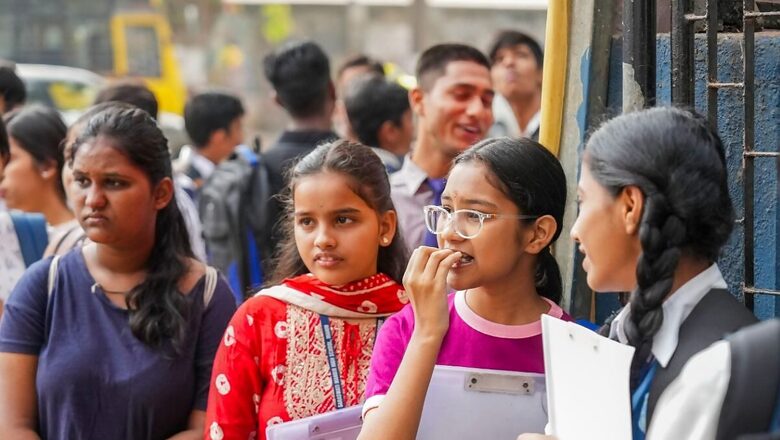
views
Upholding the National Eligibility-cum-Entrance Test (NEET-UG) 2024 examination, the Supreme Court on Friday ordered a review and reform of the National Testing Agency’s (NTA) functioning, including the need to avoid “flip-flops” and implement technological innovations.
Here are the five key takeaways from the court order:
1. No Systemic Breach
The Supreme Court, in its detailed reasons for the order, stated that there was no evidence of a “systemic breach” in the sanctity of the NEET-UG 2024 exam beyond the incidents reported in Patna and Hazaribagh. The court held that the paper leak was limited to these two locations. “We have come to the conclusion that there was no systemic breach in NEET UG 2024 exam beyond Hazaribagh and Patna,” said Chief Justice of India (CJI) DY Chandrachud.
2. Expanded Remit
The top court expanded the remit of the Centre-appointed panel headed by former ISRO chief K Radhakrishnan to review the NTA’s functioning and recommend exam reforms. The panel will now submit its report by September 30, covering various measures to rectify deficiencies in the examination system. The court has also asked the Education Ministry to formulate a program to be implemented in a month and then inform about the development after two weeks.
3. Framing SOPs
The Radhakrishnan panel has been tasked with framing standard operating procedures for adopting technological advancements to strengthen the examination system. The court emphasised the need to rectify the issues that arose during the NEET-UG 2024 exam. “…we have highlighted all errors of NTA and thus the committee should identify and rectify these. These issues which have arisen must be rectified by the Union of India this year itself so that it is not repeated,” the CJI added.
4. Avoiding Flip-Flops
The Chief Justice of India (CJI) stressed that the NTA must avoid “flip-flops” in its decision-making, as it does not serve the interests of students. The court highlighted various errors committed by the NTA, such as keeping the rear door open in the strong room, granting compensatory marks, and awarding grace marks.
5. Identity Checks, Tech Innovations
The top court also directed the NTA to enhance identity checks at various stages and explore technological innovations to curb impersonation while considering privacy laws. The use of closed vehicles with real-time locks for carrying question papers was also suggested as an alternative to open e-rickshaws.
Background
On July 23, the top court dismissed the pleas seeking cancellation and re-test of the exam, holding that there was no evidence on record to conclude that it was “vitiated” on account of “systemic breach” of its sanctity. Over 23 lakh students gave the NEET-UG in 2024 for admissions to MBBS, BDS, AYUSH and other related courses. The data on record is “not indicative of a systemic leak of the question paper which would indicate a disruption of the sanctity of the examination”, the top court had said.




















Comments
0 comment